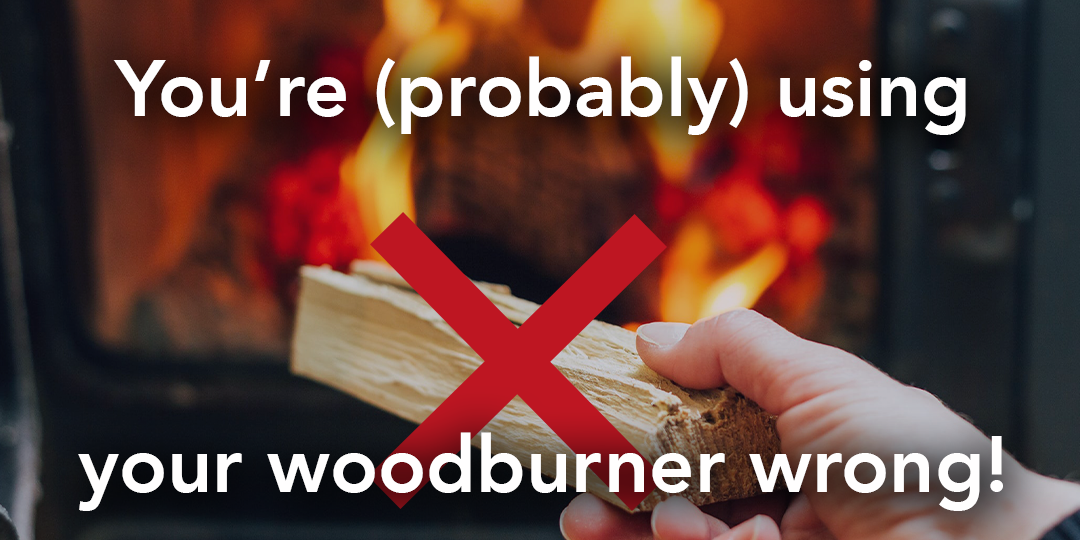If tar has formed in your chimney liner, something has gone wrong. This could be due to an issue with the fuel being burned. Wet wood, for example, can lead to tar forming extremely quickly. It could also result from user error, such as not burning your fuel hot enough or starving your stove of air. Whatever the reason, the tar in your chimney must be removed for the safe use of your appliance to resume.
There are two ways to know if tar has formed in your chimney liner. First, you may hear a ‘tinkle’ sound as dried, flaky creosote tumbles down your flue after dislodging itself. This is not normal and should prompt you to call in your sweep for inspection. Second, your chimney sweep may uncover this formation during routine inspection.
The first step to remove the tar is, as expected, to sweep the chimney. With modern-day sweeping equipment such as rotary rods and brushes, your sweep will likely be able to remove all the deposits in your flue and provide advice on avoiding this issue in the future. However, if the tar has hardened onto the liner and proves resistant to rotary cleaning methods, alternatives must be considered to restore your flue to its operating condition.
Your sweep will advise you on the next steps based on your situation, spending time explaining the causes and preventative measures you can take. By adopting good burning practices, your system will run more efficiently, producing less waste and requiring less fuel for the same amount of heat.
Depending on the level and thickness of the tar formation, your sweep may recommend a chemical treatment. Chemical treatments involve sending powdered chemicals up the flue to bind with the tar in the liner. Heat acts as a catalyst, drawing moisture from the tar and turning it back into creosote, which can then be swept from the chimney. Professional-grade tar modification chemicals can remove even the most stubborn deposits, but your sweep may suggest trying domestic-grade chemicals first to save costs. If you’re searching for a domestic tar modifying powder, we recommend Starwax Poudre de Ramonage, which has done a superb job for a handful of our own clients and saved them from the more expensive professional grade chemical treatments.
If domestic chemicals still fail to remove the hardened deposits, your sweep may recommend a professional chemical treatment or, in the worst-case scenario, replacing the entire liner.



